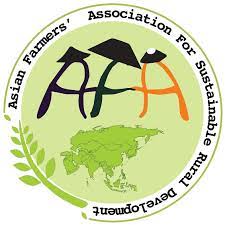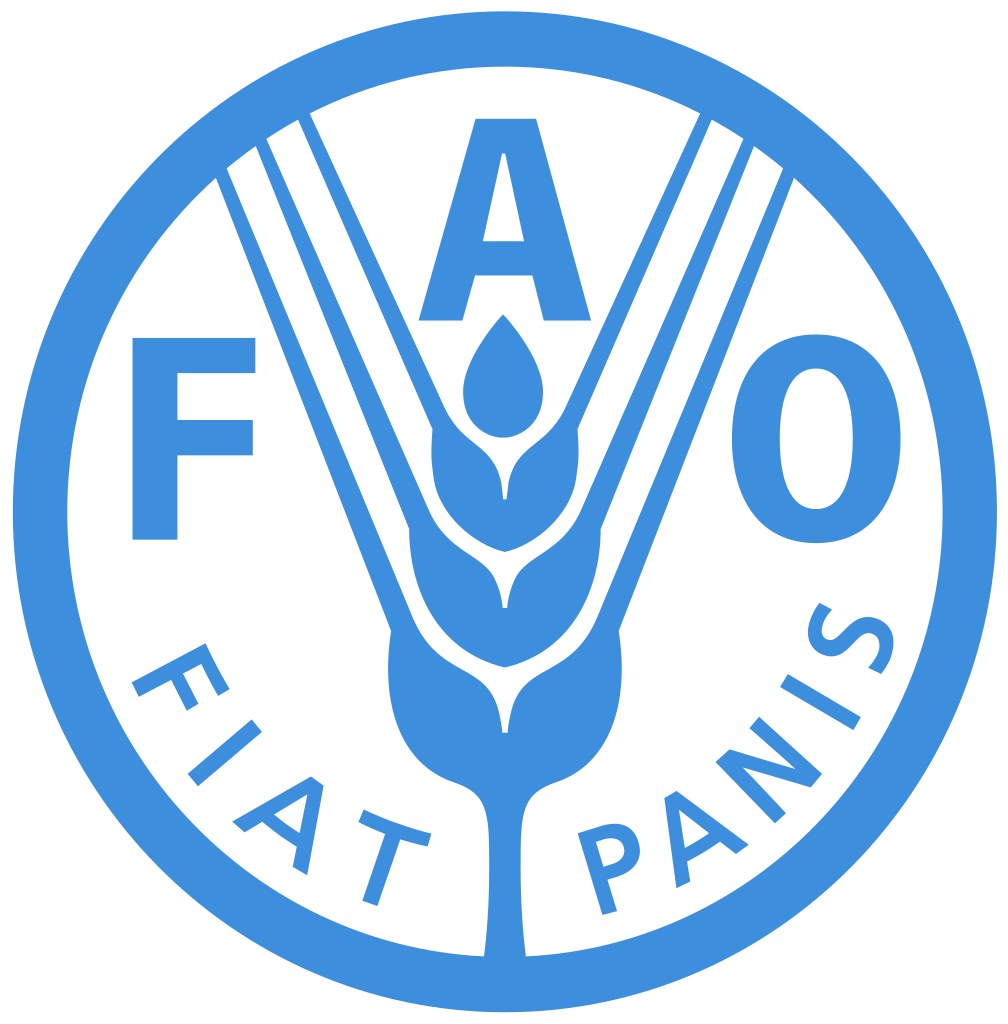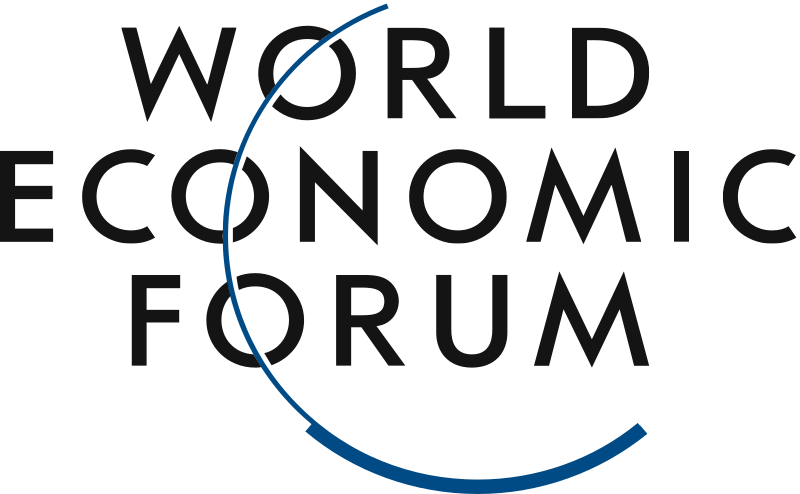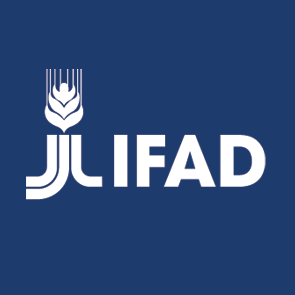Grow Asia
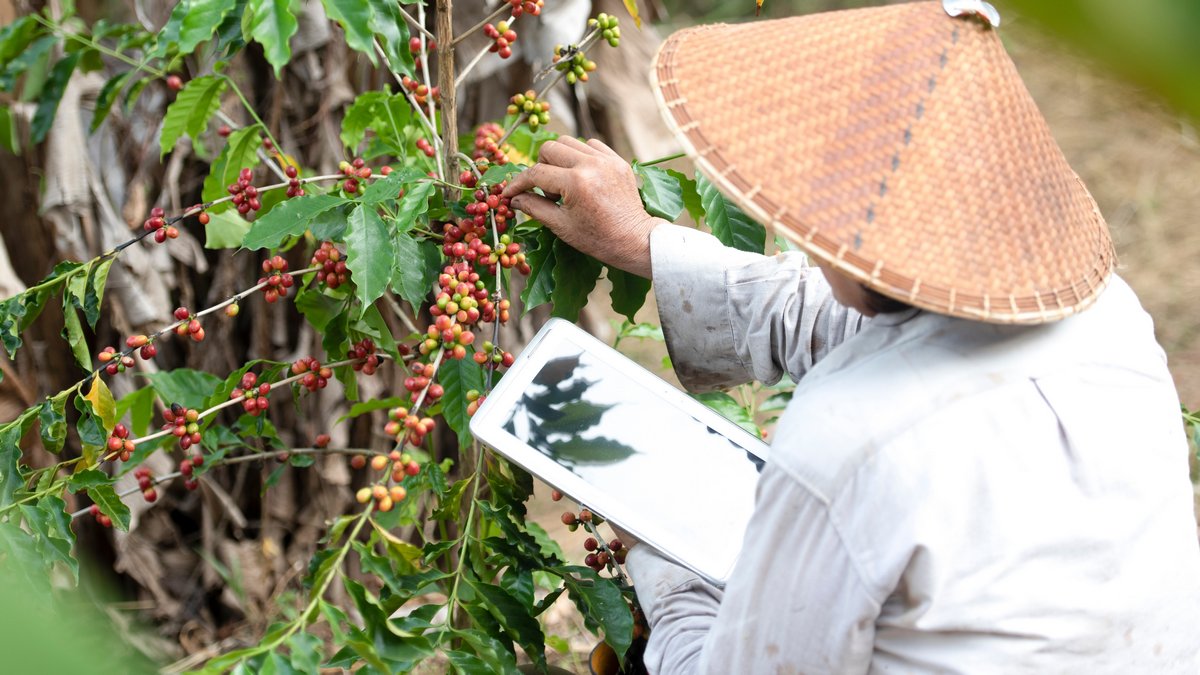
P4G Theme
Climate-smart Agriculture
SDG

Status
Completed
Partnership Type
State-of-the-Art
Countries of Operation
About
A key aim of Grow Asia is to make the Country Partnerships and Working Groups more effective as multi-stakeholder platforms. By creating an ecosystem that encourages pre-competitive collaboration, an inclusive approach to agricultural development and the adoption of transformative agricultural technologies, Grow Asia ultimately aims to empower smallholder farmers and the organizations that work with them to improve the productivity, profitability and environmental sustainability of Southeast Asia’s agriculture sector.
The Grow Asia Secretariat in Singapore provides strategic support and coordinates regional programs to lift smallholder agriculture at scale and facilitates the development and operationalization of regional plans for climate action. Collectively, the Grow Asia network reaches 1.8 million farmers through 50 value-chain projects and initiatives. 950,000 of these smallholders are directly involved in projects, 250,000 have adopted improved practices, 175,000 farmers have achieved certification and 16,000 have accessed credit.
At the national level, Grow Asia’s six Country Partnerships across Southeast Asia support the development of multi-stakeholder and action-based partnerships, facilitate policy dialogue and run learning and networking events. At the field level, the 46 crop or issue-based Working Groups under these Country Partnerships serve as a mechanism for stakeholders with aligned interests to co-design, co-implement and co-fund direct interventions along the value chain that benefit smallholders. These Working Groups are also involved in sectoral coordination on policy, national roadmaps, financing, market issues and other shared challenges for their industry. At the regional level, the Grow Asia Secretariat in Singapore provides strategic support to the Country Partnerships, coordinates regional programs with the potential to lift smallholder agriculture at scale (such as harnessing the potential of agri-tech, responsible agricultural investment and gender mainstreaming) and facilitates the development and operationalization of regional action plans to time-sensitive threats.


